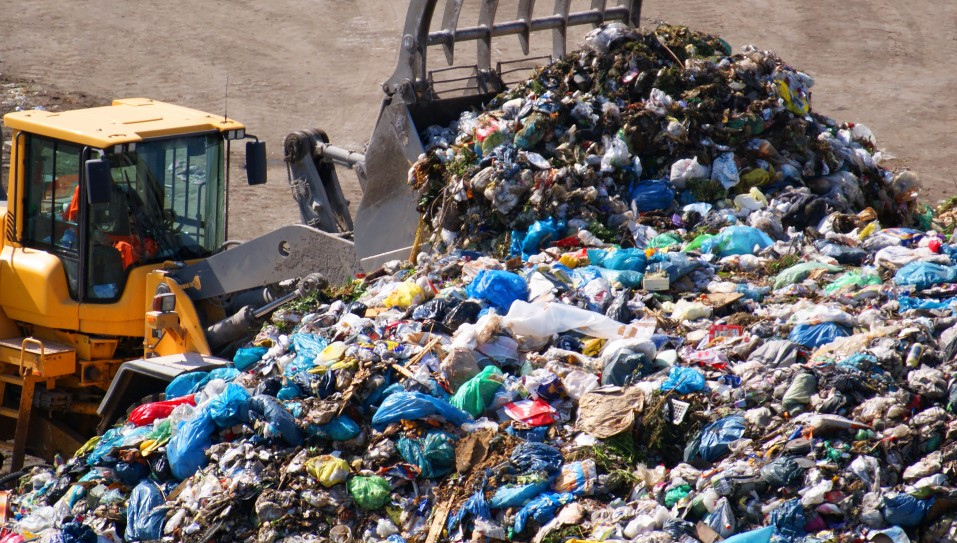
Our commercially proven and environmentally friendly technology is designed to accept a wide range of solid waste like household waste. Unlike other waste technologies on the market, our GTL emits no pollution to air, making it exceptionally safer for the environment and local communities than existing alternatives.
Around 12,710 tonnes of solid waste is generated every day in Ghana, municipal and industrial trash are both massive and accelerating global challenges. With rapid global population growth and urbanization, annual waste generation is expected to increase by 73 percent from 2020 levels to 3.88 billion tonnes in 2050 – the world Bank estimates (https://www.worldbank.org/en/topic/urbandevelopment/brief/solid-waste-management#:~:text=In%202020%2C%20the%20world%20was,3.88%20billion%20tonnes%20in%202050). To address the health and environmental effects of Municipal solid waste, there is a need for effective and integrated solid waste management systems that respond to the complex demands of cities.
Ghana has begun policy, institutional and regulatory frameworks for sound management of solid waste. It has developed a solid waste management strategy with the aim of setting the country on a path towards progressive, high-quality, cost-effective and sustainable waste management services which deliver environmental, public health, and economic benefits to all. Ghana’s municipal solid waste strategy is multi-faceted, combining policy, infrastructure development, public-private collaboration, and education to address the country’s growing waste challenges. While the country faces significant waste management issues, the ongoing efforts to improve waste segregation, recycling, and disposal, as well as the emphasis on public awareness and enforcement, provide hope for a more sustainable waste management future.
Successful implementation of these strategies will help Ghana manage its waste more effectively, improve public health, and reduce environmental pollution, ultimately contributing to a cleaner and more sustainable country.

